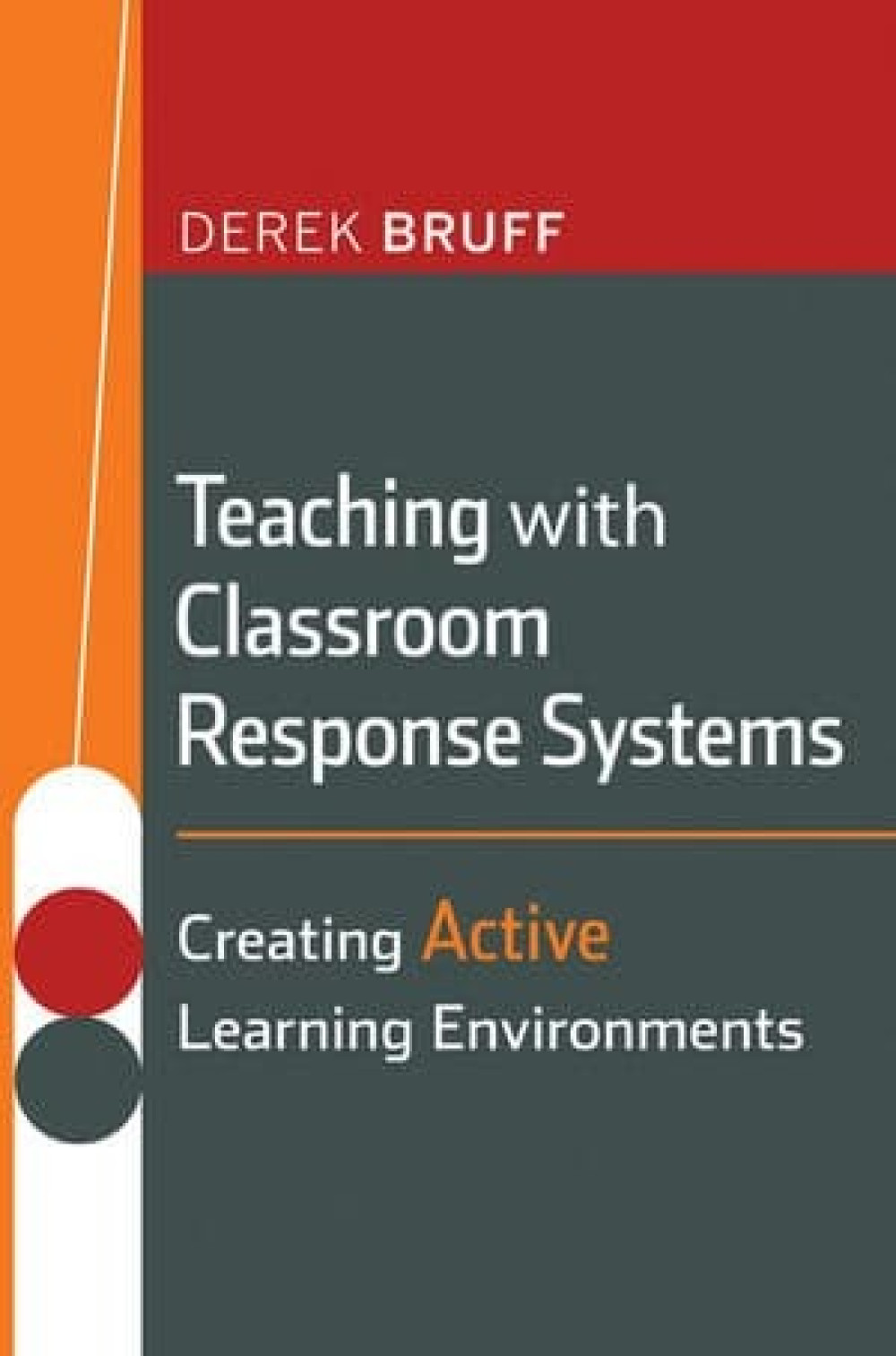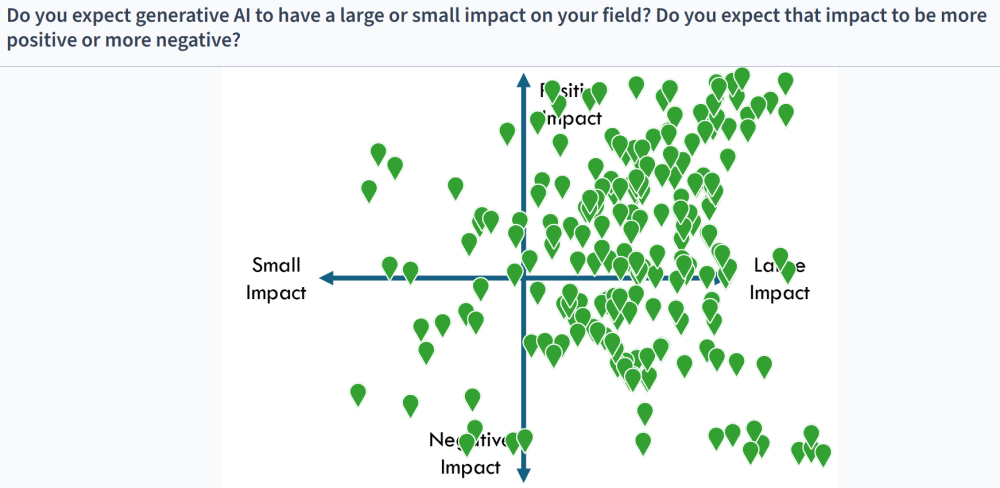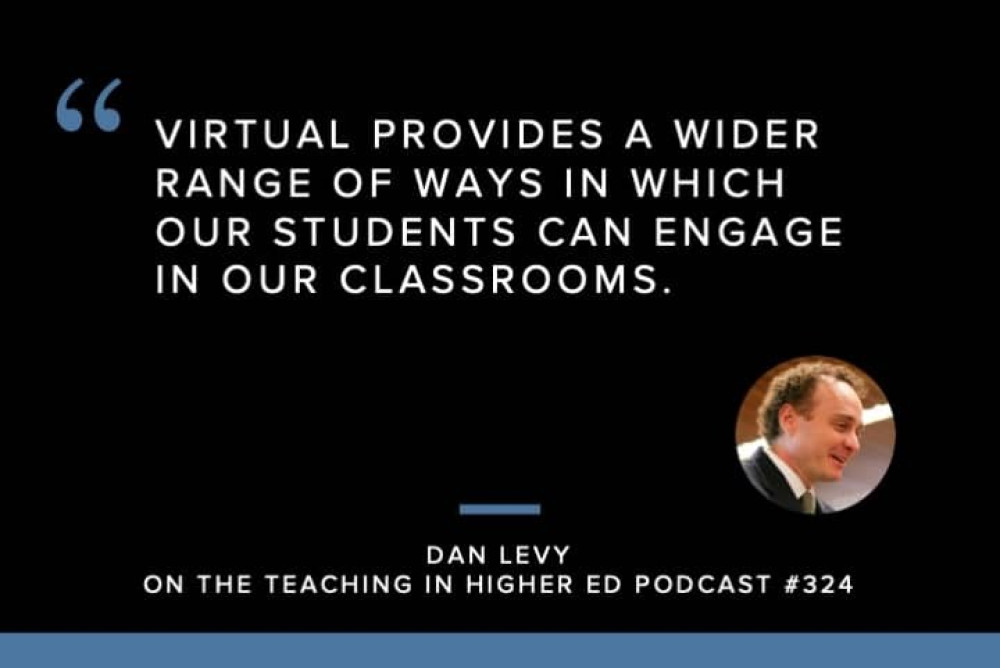Using Peer Instruction to Improve Student Learning
In the late 90s, Harvard physics professor Eric Mazur coined the term "peer instruction" to describe what is now a well-researched approach to teaching with in-class polling. In this video, Mazur walks through the peer instruction process, and we hear from students about their experiences with peer instruction.
Eric Mazur has inspired countless instructors to embrace active learning strategies in their classrooms, and his peer instruction technique is a fundamental way to think about student engagement with technology. This well-produced video is a concise introduction to the technique.






